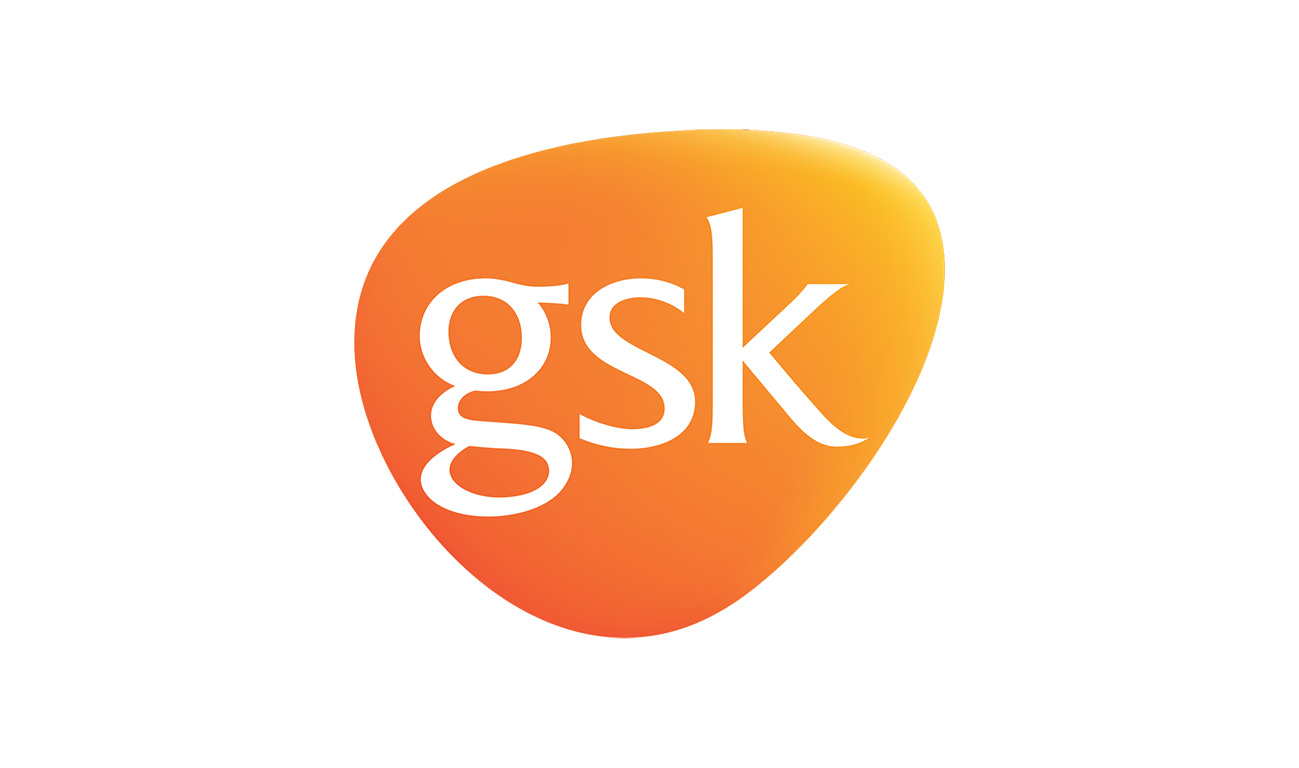Committed Partners Can Improve Health for All
Committed Partners Can Improve Health for All
Whether it's Kentucky or Kenya, the best way to improve healthcare is by working and exchanging insights.
That point was made by many of the internationally known speakers at today's Inaugural Summit on Transformative Innovation in Health Care sponsored by the new Duke Institute for Health Innovation (DIHI). Our CEO, Sir Andrew Witty, joined the DIHI Global Advisory Board to speak about GSK's work in the developing world at this important meeting.
Duke is seeking to create a hub where thought leaders can work together on solutions to health care issues such as access, quality and affordability. They even hope to serve as a living laboratory to pilot some of the new ideas. (Andrew is shown at left speaking with Dr. Victor Dzau, Chancellor for Health Affairs at Duke University, and CEO for Duke University Health System.)
GSK's focus is on innovation and access as the best avenues for us to help improve health care. Of course innovation is about finding and developing new medicines but there are many other ways we can innovate and improve health too.
For example, we have a partnership with Vodafone in Africa that's about using simple mobile phone technology to improve vaccination rates against common childhood infectious disease by using reminder texts. It is estimated that one-fifth of children worldwide still do not get these basic vaccinations. But mobile technology is widespread in Africa and presents an opportunity to communicate with mothers about preventive health care.
The result is good for everyone--especially patients, since the goal is to improve the health of the population. But we're a business, and it is good for our shareholders (more vaccines supplied), good for Vodaphone (new business segment/more phone use), and good for the country (more children vaccinated).
Access is another area where I'm proud to say that GSK is trying unique approaches. Where price is a barrier to access, GSK is offering tiered pricing that adjusts the price to the country's ability to pay. Another common obstacle is a lack of healthcare workers. At GSK we reinvest 20 per cent of our profits in the developing world to train and deploy more health workers.
GSK partners with three nonprofits--Save the Children, CARE, and AMREF--to create and execute programs to reinvest this money and strengthen health systems in those countries. Thanks to the reach of these NGOs, we now have a program in every least developed country and are on track to have trained 10,000 healthcare workers by end of next year.
We hope the enthusiasm and ideas shared at this summit will translate quickly to more partnerships that identify and encourage innovative approaches to healthcare. We'll be watching and working to play our part.



